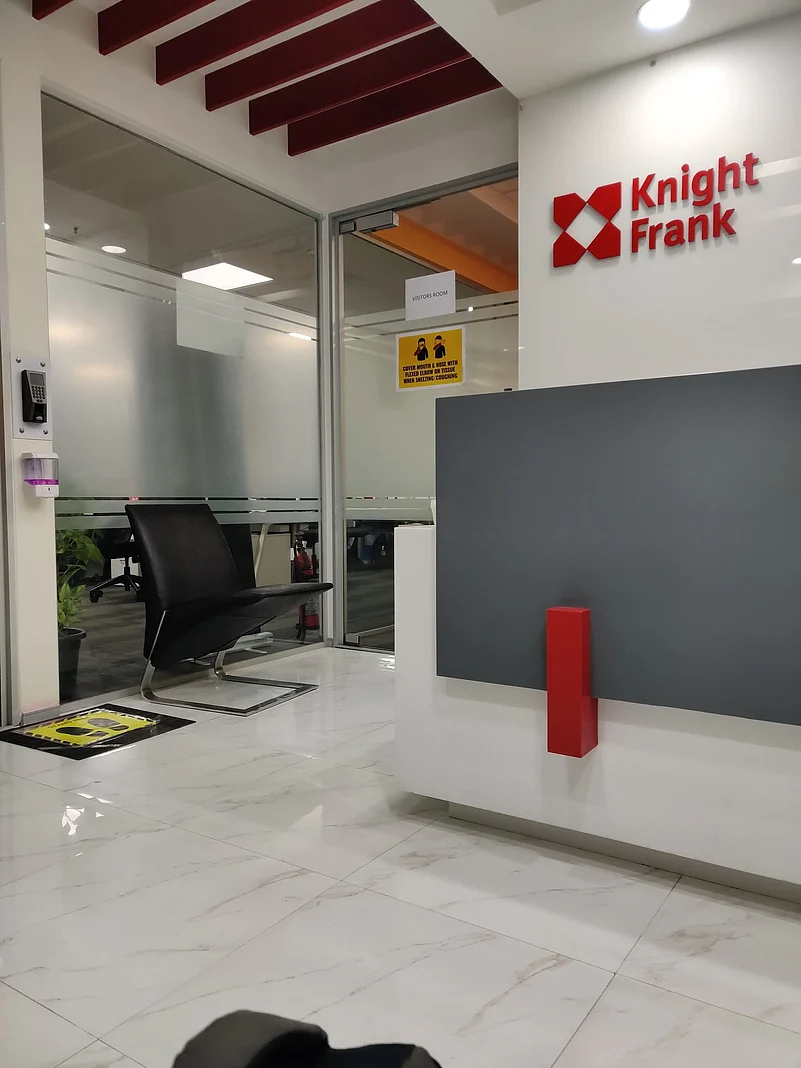
Total assets under management (AUM) of InvITs and REITs grew to USD 93.9 billion in FY25 from USD 42.1 billion in FY20
There are 5 REITs and 17 InvITs listed on Indian stock exchanges
AUM of InvITs stood at USD 73.3 billion in FY25, while REITs reached USD 20.6 billion
Combined market capitalisation of InvITs and REITs was USD 33.2 billion as of July 31, 2025
Total assets under management of Infrastructure Investment Trusts (InvITs) and Real Estate Investment Trusts (REITs) have grown to nearly USD 94 billion in the last fiscal year from USD 42.1 billion in 2019-20, according to Knight Frank.
In its report released on Tuesday, real estate consultant Knight Frank India said there are five REITs and 17 InvITs listed on the stock exchanges.
The total Assets Under Management (AUM) of InvITs in India have reached USD 73.3 billion in the 2024-25 fiscal year, while the AUM of REITs touched USD 20.6 billion.
"Combined AUM of REITs and InvITS have grown to USD 93.9 billion in FY25 from USD 42.1 billion in FY20," the report said. The combined market capitalisation stood at USD 33.2 billion as on July 31, 2025.
The consultant said InvITs are set to play an increasingly important role in financing the country's infrastructure ambitions. It projected that the AUM of InvIT has the potential to reach USD 258 billion by 2030.
This growth is expected to be driven by higher allocations from institutional investors, increased participation of domestic pension and insurance funds, expanded foreign investment, and rising awareness among retail investors, it added.
REITs and InvITs are investment vehicles that allow investors to invest in real estate and infrastructure assets, respectively, without owning the physical property.
































